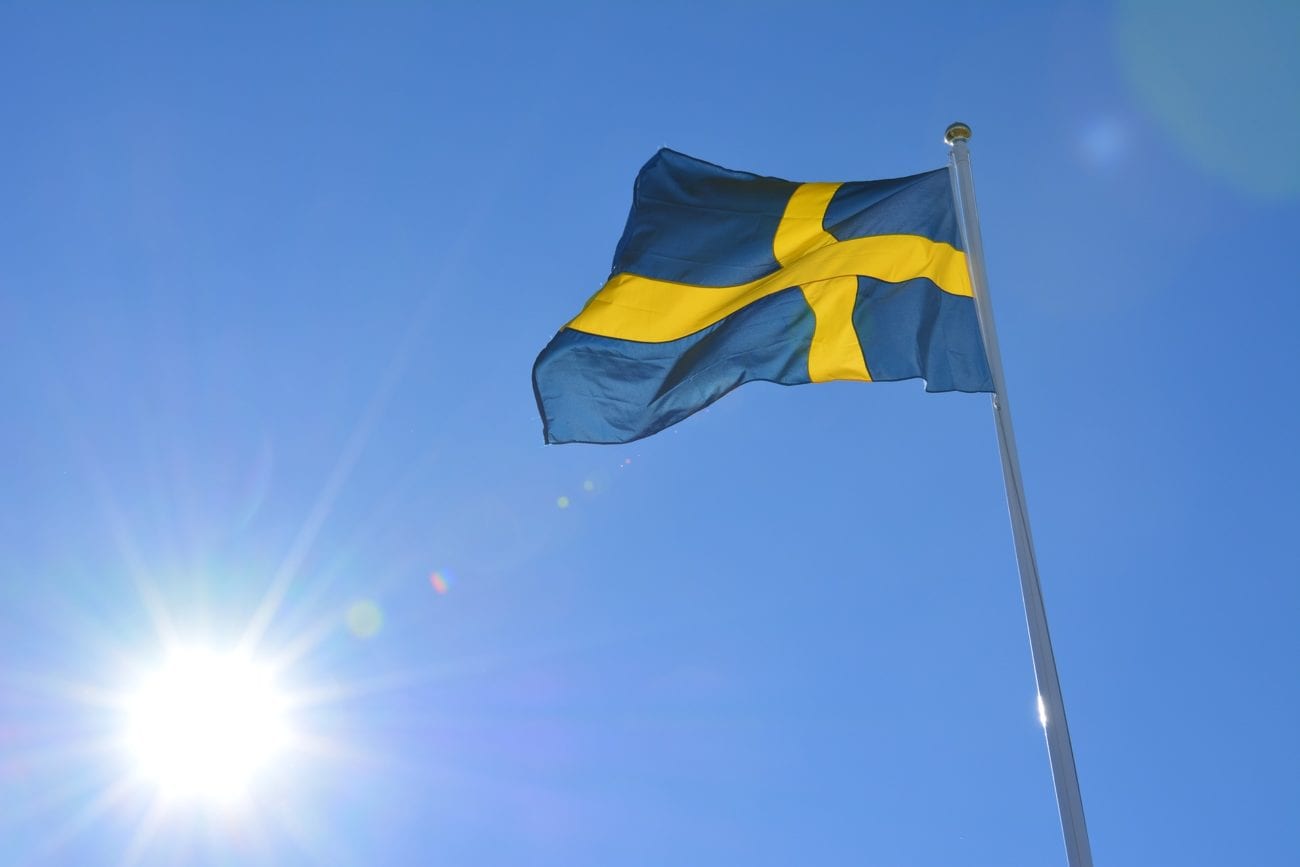Spelinspektionen: Casino deposit cap impossible to enforce

Sweden’s Gaming Inspectorate (Spelinspektionen) has had its say on the prospect of central register to enforce deposit limits across all licensees, after admitting there was nothing to stop players spending beyond the SEK5,000 (£474/€484/$577) online casino deposit cap.
In its final update on the regulated gaming market’s performance during the novel coronavirus (Covid-19) pandemic, Spelinspektionen revealed that online betting and gaming revenue rose 5% year-on-year in June to SEK1.17bn.
Svenska Spel’s lottery and gaming machine revenue was up 11% to SEK428m, while restaurant casinos’ contribution declined to SEK10m. With Svenska Spel’s land-based Casino Cosmopol venues closed throughout the month, they did not make any contribution to revenue.
On the subject of the temporary SEK5,000 weekly spending cap for online casino, Spelinspektionen said that current limits for deposits, losses and login time only apply per licensee.
This means that a player with multiple accounts with different licensees can therefore “easily” gamble more than the SEK5,000 temporary cap for online casino spend that came into force from 2 July.
This prompted the Swedish Equality Commission (Jämlikhetskommissionen) to propose a central register, to give operators and Spelinspektionen visibility over how much a player has deposited across all gaming accounts.
While Spelinspektionen did not explicitly come out against the measure, it highlighted a number of serious issues with the proposal. It said the measure would combine a lot of sensitive personal data from players, as well as confidential business information from licensees.
The centralised register would effectively entail a public body closely monitoring individuals’ online activity, something that it noted could be seen as contravening internet freedom.
Any concrete proposal would have to comply not only with Swedish law, but also the European Convention on the Protection of Human Rights and European Union law, Spelinspektionen added.
Furthermore, the regulator continued, unlike Sweden’s self-exclusion system Spelpaus, registration would be mandatory, rather than voluntary.
A source close to the matter said that Spelinspektionen was unable to dismiss the measure out of hand, as that was the government’s role to determine whether it was ultimately feasible. Instead, they said, the regulator used the report to highlight the serious issues that would arise from the project.
The report also looked at the regulator’s efforts to crack down on illegal gambling. This has seen it issue injunctions against 23 providers, through which it hopes to shut down “hundreds” of unlicensed igaming websites.
However, Spelinspektionen added, it had run into difficulties trying to enforce payment blocking measures, with some financial institutions refusing to provide confidential information about their customers. As a result it will look to have a special provision inserted in the country’s Gaming Act, which would compel banks to hand over information if it is to be used to shut down illegal operations.
To strengthen these efforts further, Spelinspektionen is negotiating a memorandum of understanding with the Netherlands gambling regulator Kansspelautoreit, and has begun a dialogue with the Curaçao Gaming Control Board over one of its licensees targeting Swedish customers.
